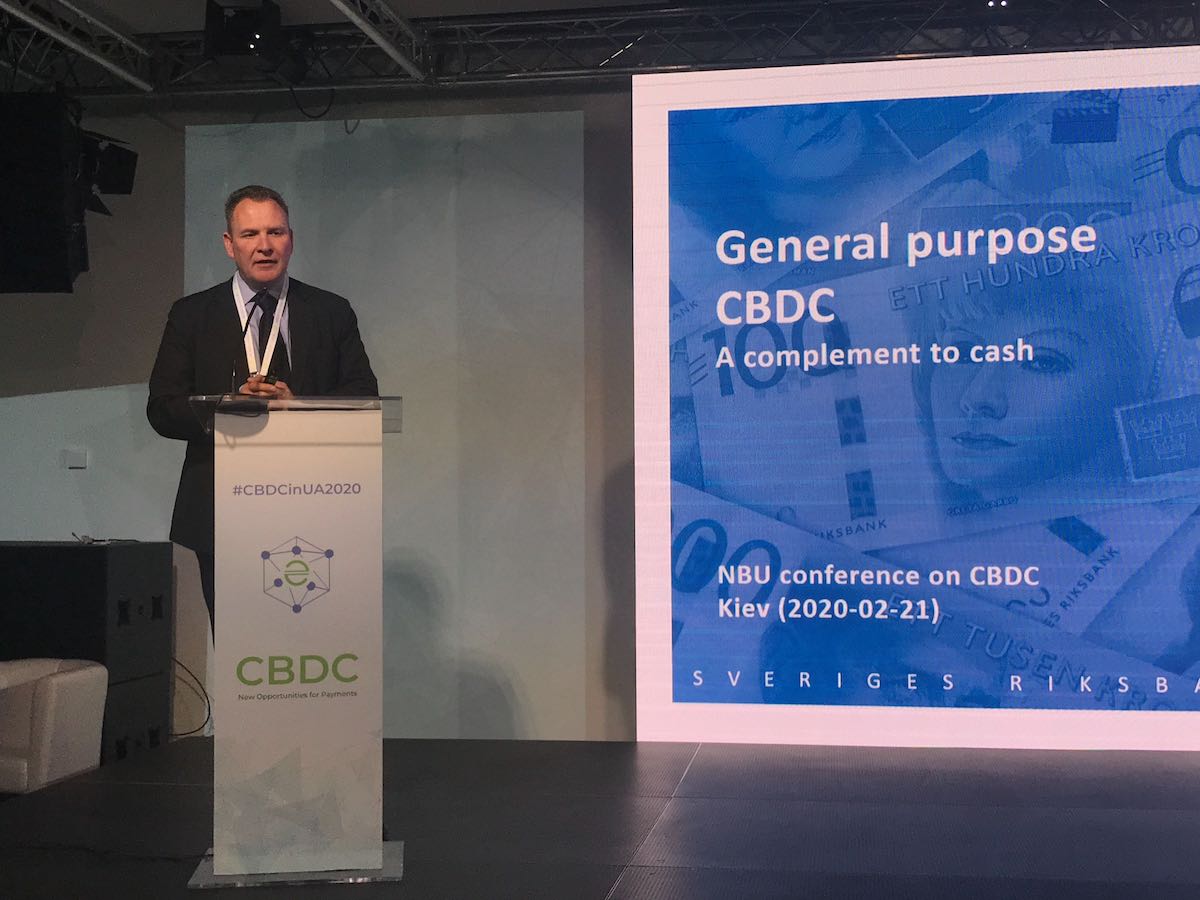Digital Chamber Asks Court to Draw Line Between Investment Contracts and Assets in Telegram Case
U.S. District Court for the Southern District of New York image via elbud / Shutterstock
The Chamber of Digital Commerce, a blockchain advocacy group, wants a U.S. court to distinguish between an investment contract and the underlying asset used by Telegram during a 2018 initial coin offering (ICO).
The Digital Chamber submitted an amicus curiae brief – a filing made by someone who is not a party in the litigation – in Telegram’s ongoing fight in court with the U.S. Securities and Exchange Commission (SEC), which alleged the messenger platform violated securities law during its $1.7 billion ICO. The chamber urges the SEC to draw a clear line between investment contracts in general, which are treated as a security under federal law, and digital assets.
“Without a clear legal distinction between a transaction determined to be an investment contract and the digital asset that is the subject of the investment contract, these software developers, retailers, healthcare providers, advertising companies, and others may not be able to develop or use blockchain technology without unintentionally triggering the U.S. federal securities laws every time a digital asset is used as part of their network,” the brief says.
The chamber does not have a view on whether the sale of grams, Telegram’s token, is a securities transaction, it added. Rather, the group’s interest is “in ensuring that the legal framework applied to digital assets underlying an investment contract is clear and consistent.”
Telegram is scheduled to meet the SEC in court on Feb. 18 and 19 to discuss whether grams are securities.
The brief was written by Lilya Tessler, the New York head of the FinTech and Blockchain group at Sidley Austin law firm.
The argument echoes Telegram’s own response to the SEC’s allegations, which insists that while the purchase agreements for the tokens were securities, grams themselves, once issued, will be utility tokens to be used in its new proof-of-stake blockchain.
“In Howey, specific orange groves sold pursuant to an investment contract were not themselves securities. On the premise that a digital asset that is the subject of an investment contract is not necessarily a security itself, the asset (a commodity) may simply be the subject of an ordinary commercial transaction,” the brief says, referencing the famous Supreme Court case often used to determine whether an investment is a security.
The brief warns that deeming any digital assets securities for the sole reason of being recorded digitally could mean “the companies operating these systems may need to become registered broker-dealers or another type of regulated financial institution or worse, subject to severe enforcement action.”
This, in turn, can push innovative businesses out of the U.S., the brief said.
“Like so many other types of assets (which will often be commodities), digital assets may be the subject of an investment contract without being a security,” the brief says, hinting that grams might not be unregistered securities, as the SEC believes, but a digital commodity.
Disclosure Read More
The leader in blockchain news, CoinDesk is a media outlet that strives for the highest journalistic standards and abides by a strict set of editorial policies. CoinDesk is an independent operating subsidiary of Digital Currency Group, which invests in cryptocurrencies and blockchain startups.








